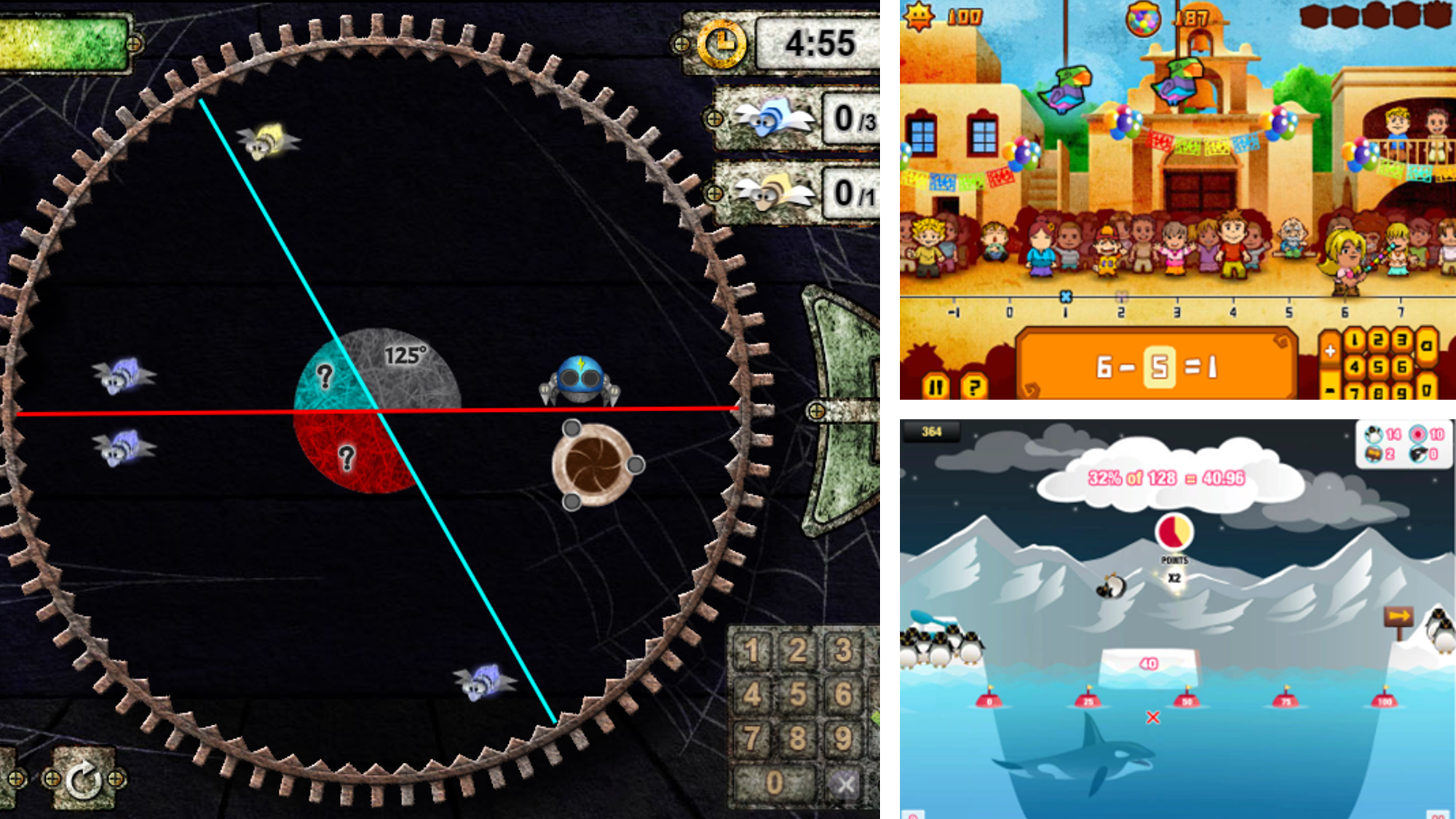Helping students believe that talents can be developed
Students with a Growth Mindset believe that talents can be developed and abilities can be built over time
The Mangahigh teaching and learning model places growth mindset into the core of the learning workflow, to promote learning growth.
As students learn on Mangahigh, they recognise their own progress (and growth) as questions gradually increase in difficulty.
Prodigi quiz activities
Prodigi activities on Mangahigh allow students to build their abilities and talents over time. Students are expected to attempt each Prodigi activity at least 3+ times. Questions change with every re-attempt, and progressively level up over multiple attempts. This allows students to work gradually, while building resilience, to develop their abilities over time.
- Students begin with the LEARN MODE (where available) to prepare for each Prodigi quiz
- Use HINTS and/or FREE SOLVE within each quiz to learn the concepts along the way
- Review any incorrect answers and complete a Prodidi Reflection Worksheet to help capture their mistakes - this helps change their relationship with mistakes, and places mistakes recognition in the centre of their learning. Students use the contents of their reflection worksheet as reference when re-attempting the Prodigi activity. Gradually, they progress towards hard and extreme questions.
- Earn a Bronze medal by answering 3+ Hard questions correctly.
- Don't just stop at a Bronze medal, though. Inspire students to challenge themselves further by pushing towards a Silver medal (answering Hard and Extreme questions), or even a Gold medal (answer all 10 Extreme questions correctly!)
- Build a 'Gold culture' in your class - where students are always striving to stretch themselves.
Refer to 'Bronze, Silver and Gold' for more information.
Neurologist, Judy Willis, puts a case forward for the video games learning model
"Good games give players opportunities for experiencing intrinsic reward at frequent intervals, when they apply the effort and practise the specific skills they need to get to the next level. The games do not require mastery of all tasks and the completion of the whole game before giving the brain the feedback for dopamine boosts of satisfaction.
The dopamine release comes each time the game provides feedback that the player's actions or responses are correct. The player gains points or tokens for small incremental progress and ultimately the powerful feedback of the success of progressing to the next level. This is when platers seek 'harder work'. To keep the pleasure of intrinsic satisfaction going, the brain needs a higher level of challenge, because staying at a level once mastery is achieved doesn't release dopamine"
Read full article here: A Neurologist Makes the Case for the Video Game Model as a Learning Tool
Games activities

Games activities on Mangahigh automatically ‘level-up’ when students are ready ie. showing proficiency. Students progress quickly through the easier levels as affirmations of what is known, and using the embedded hints and cues, the students are encouraged to attempt harder maths questions. Importantly, students are practising specific maths skills that need to be mastered, without mindlessly repeating skills already learnt for an extended period. Once mastered, students are rewarded with harder maths work!
Students then applies the effort and practise on the harder work until mastery of the harder level is achieved…before advancing further. As such, Mangahigh games are designed to not just be used as a reward, while it does provide a rewarding experience, as serious maths is embedded within the game mechanic.
The up-levelling (advancing) experience is unique to each game. At times, students may pause the game, use the in-built game tutorials (where available, these are indicated by a ‘?’ within the game screen), or ask for help around the ‘maths’ that they are getting stuck at.
Such incremental progress is powerful testament that abilities are built.
